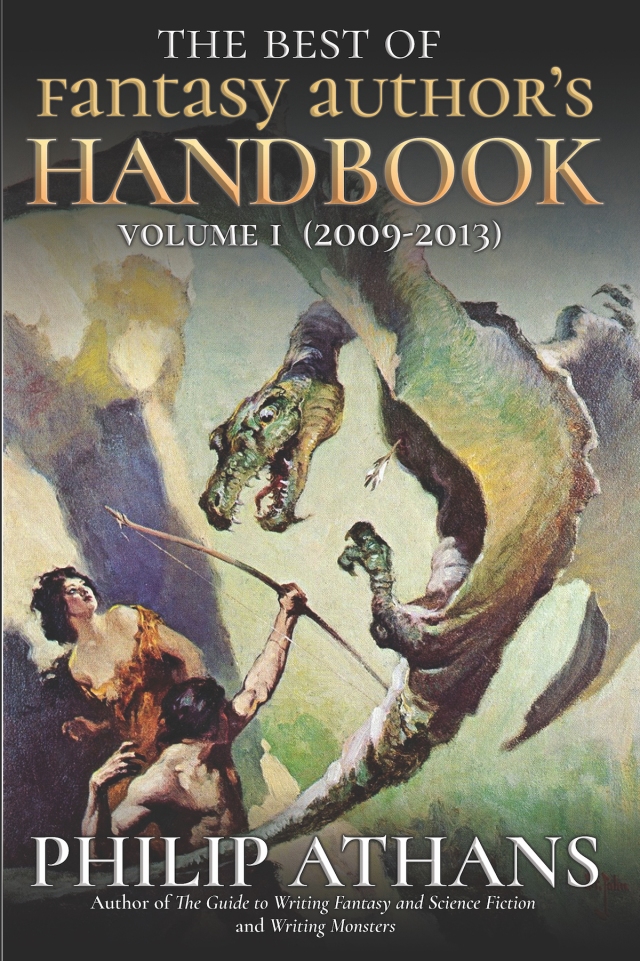On February 27th, the estate of author Ian Fleming released a statement in which they made a lackluster effort to defend the indefensible, and that is their program to rewrite at least one of Ian Fleming’s James Bond books in order to create an alternate world in which Flemming wasn’t a racist.
I get it. I’d hate to have to carry that around, too, but the book in question went way beyond, “some racial terms which were problematic even in mid-1950s America,” and to the point where it’s essentially unreadable by any reasonable 21st century person.
I tried to read the book myself, and not only did not finish it, but sold the rest of the Bond books I’d already bought with the plan to read the whole series. I always give every book I read five stars on GoodReads, in an effort to combat the algorithm dystopia, but was moved to give this book one star and a rare one line negative review: “Everything I have to say about this hideously racist piece of crap can be found at: https://fantasyhandbook.wordpress.com…” a post here in which I call out some of the more offensive (and I have reason to believe, still extant) sections of the text for what they were.
So then, shouldn’t I be applauding this “sensitivity” rewrite? Finally, we have a non-racist James Bond, a character drawn up out of his 1950s sensibilities and shoved, however unwillingly or ham-fistedly, into our more enlightened present?
Absolutely not.
I love old books, especially old science fiction books, and one of the things that draws me to them is the fact that they are, one and all, artifacts of the time in which they were written and first published. SF from the same time period as the Bond book in question imagines all sorts of exotic future technology, but almost never accounts for women in positions of authority or responsibility. In that era’s SF, race almost never comes up, and why would it? These guys are astronauts, so of course they’re white. All the Cold War and post-WW2 anti-Asian bias is in full force, too, with essentially no positive depictions of “Orientals” to be found.
Does that mean I think we should go back in time to this sort of default racism and sexism? Of course not!
I’m reading War & Peace right now. Does that mean I long for a return to Tsarist Russia? I read Aristotle’s Poetics and smiled when he said that the protagonist of a story can not be either a woman or a slave because they have no agency. Does that mean I’m going out to Gaul once the winter snows melt to pick up a couple slaves? Surely not.
One of the things old books do is show us how far we’ve come.
Though Fleming should have known at least a little better in the mid-50s than Lovecraft did in the early 20s, these, same as Tolstoy and Aristotle, are dead guys. They wrote what they wrote when they wrote it, coming from the culture in which they were raised. They saw the world through 1920s or 1930s eyes the same way Aristotle reported on the world as it was in Greece in the third century BCE.
Do we rewrite Aristotle now? Tolstoy? Lovecraft?
And where does this end?
Mark Twain?
The Bible? That’s full of crazy stuff anyone could take offense at.
In 1984, the most important novel of the 20th century, George Orwell showed us Winston Smith laboring away at the Ministry of Truth rewriting old newspapers because “he who controls the past, controls the future.”
How do we get the message out to the Fleming estate and their “sensitivity readers” that Orwell meant us to see this as a bad thing?
Why is the world, coming from both the left and the right, so deadset on making Orwell’s nightmare dystopia real?
And that is exactly what’s happening, my friends.
The rewriting of a shitty old spy novel actually carries that much weight.
Resist now, before it’s too late.
—Philip Athans
A few more past posts on and around the subject at hand…
What We Can Learn From A Random Science Fiction Novel (Part 4)
The Rajah’s Gift: Exploring Weird Tales Vol. 5, No. 1—Part 6
And a note to my descendants: After I’m dead, do not fucking rewrite this.
Did this post make you want to Buy Me A Coffee…
Follow me on Twitter @PhilAthans…
Link up with me on LinkedIn…
Friend me on GoodReads…
Find me at PublishersMarketplace…
Check out my eBay store…
Or contact me for editing, coaching, ghostwriting, and more at Athans & Associates Creative Consulting?
As an Amazon Associate I earn from qualifying purchases.
Editor and author Philip Athans offers hands on advice for authors of fantasy, science fiction, horror, and fiction in general in this collection of 58 revised and expanded essays from the first five years of his long-running weekly blog, Fantasy Author’s Handbook.




Pingback: ON JUNG’S “PSYCHOLOGY AND LITERATURE,” PART 2 | Fantasy Author's Handbook